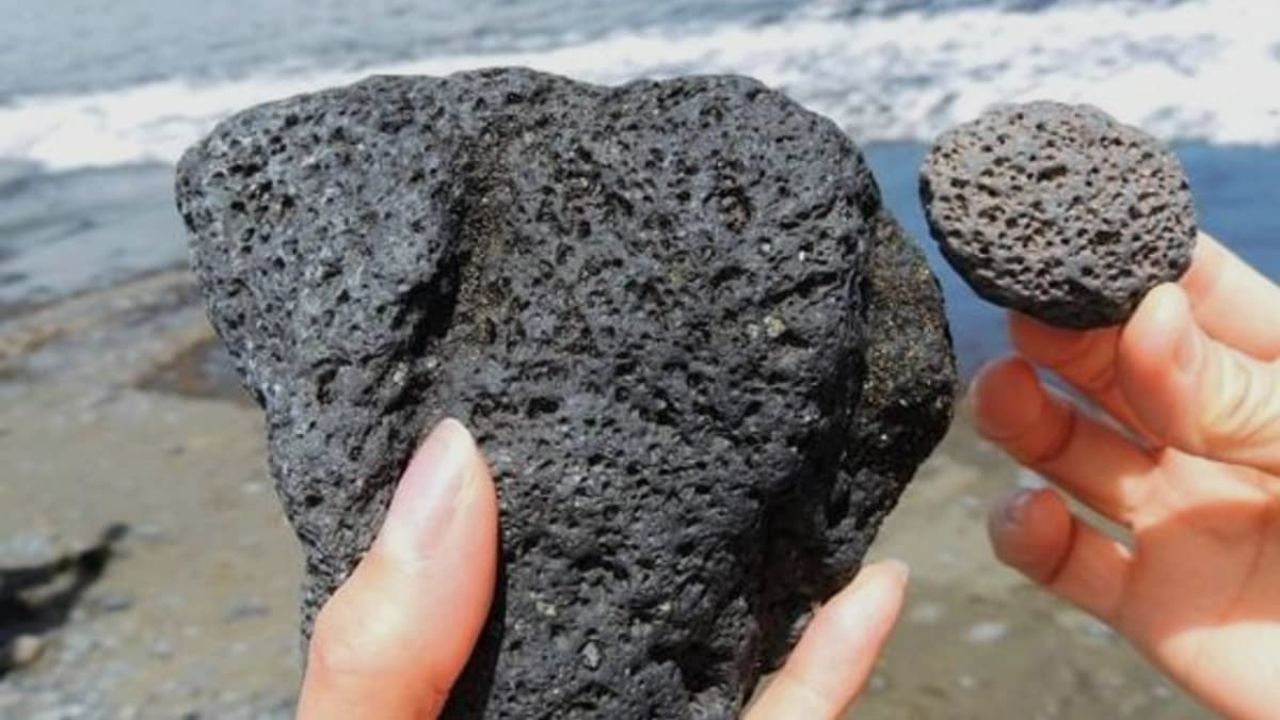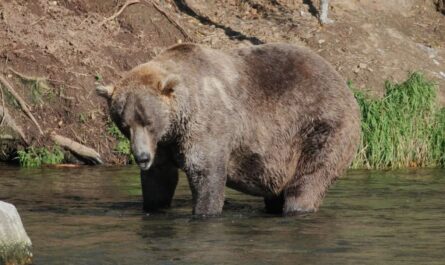Hawaii – When vacationing in Hawaii, it can be tempting to bring back a lava rock as a souvenir to remember the trip. However, recent experiences shared by a TikToker and echoed by native Hawaiians warn travelers about the infamous Pele’s Curse—a belief that taking rocks from the island’s volcanoes can bring misfortune. This cautionary tale has gone viral, making many reconsider what souvenirs they collect.
What started as a husband’s careless decision to take a lava rock home after hiking near a Hawaiian volcano turned into a series of unfortunate events that his wife painfully wishes never happened. This story sheds light on the cultural significance of Hawaiian land, the myth of Pele’s curse, and the legal and ecological reasons behind preserving these unique natural treasures.
A Vacation Regret: The True Story Behind the Viral Warning
The TikToker @justmejacque captured millions of views with a heartfelt public service announcement (PSA) alerting travelers: “Don’t ever take the lava rocks from Hawaii. You’ll forever be wishing you didn’t.” Her husband’s experience serves as a haunting example.
- During a trip to Hawaii in their teens, despite hearing warnings from locals, her husband took a lava rock from the volcanic area.
- Shortly after returning home, he suffered two major accidents: one caused by a drunk driver breaking his leg, followed by kidney surgery, and another accident resulting in second-degree burns from a skateboard injury.
- These events prompted the couple to send the lava rock back to Hawaii, after which their streak of misfortune ended immediately.
“I knew it was a curse as opposed to normal bad luck because of being warned by multiple locals,” said @justmejacque, referring to how her husband’s injuries stopped after returning the rock.
Understanding the Origins and Impact of Pele’s Curse
Pele’s Curse is a popular superstition rooted in Hawaiian culture, warning visitors that removing natural items, especially lava rocks, will invoke the wrath of Pele, the volcano goddess, bringing bad luck or misfortune. This belief is taken seriously by many residents, and tourists’ anecdotes of sudden mishaps upon taking volcanic rocks have fueled this legend.
However, experts suggest the curse was propagated to protect Hawaii’s unique biodiversity and prevent illegal removal of geological formations.
- Serge King, an expert on Hawaiian shamanism, claims the curse was invented by park rangers to enforce conservation laws.
- National parks in Hawaii discourage sending rocks back due to the risk of introducing invasive species, despite over 1,200 rocks being returned in 2017 alone.
- It is illegal to take natural items from Hawaii’s national parks as it disrupts delicate ecosystems and the geological integrity of the islands.
“This made-up myth about Pele’s bad-luck curse has caused many hundreds of guilty people or those having bad luck to mail hundreds of tons of rocks – and even sand – back to the islands every year,” wrote King.
Voices from Hawaii: Community Perspectives and Cultural Significance
Native Hawaiians and those familiar with the islands reaffirm the importance of respecting local customs and laws regarding natural artifacts.
- Many Hawaiians maintain special rooms dedicated to returned rocks, sometimes accompanied by notes from tourists explaining where the rocks were taken.
- Locals avoid removing even flowers from sacred sites, especially rare species limited to certain mountains.
- Some share personal stories confirming the curse, while others remain skeptical, highlighting the diverse views on the subject.
One native Hawaiian TikTok user commented: “The state of Hawaii has special rooms filled with rocks tourists have returned with notes attached saying where the rocks were taken from. There are state workers whose job is to return these rocks to the best of their ability.”
Balancing Belief, Respect, and Conservation: What Travelers Should Know
Whether you believe in the spiritual implications of Pele’s Curse or not, the message is clear: respecting the natural environment of Hawaii is paramount. Taking lava rocks or other natural souvenirs not only risks the ecological balance but also may lead to personal consequences, whether by bad luck or legal repercussions.
- Enjoy the beauty of volcanoes and beaches, but refrain from removing natural items from protected areas.
- If you have taken a rock as a souvenir, consider returning it appropriately to minimize harm.
- Be mindful of local customs, legends, and laws to ensure a respectful and responsible visit.
For more information about this fascinating cultural phenomenon and environmental responsibility, visit the full article at BroBible.
What Do You Think About Pele’s Curse?
Is Pele’s Curse simply a myth created to protect the islands, or is there real power behind this Hawaiian legend? Have you ever visited Hawaii and been tempted to bring home a lava rock, or perhaps experienced unusual misfortune after doing so? Share your stories and thoughts in the comments below!


 by
by 

